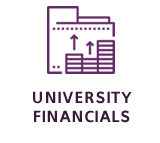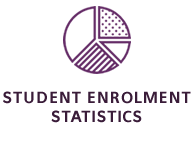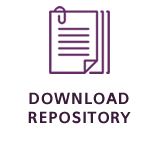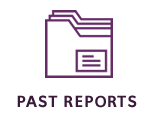Resilience Working Group
The UWI is in the process of constituting a Resilience Working Group, drawn from the University's renowned leaders in climate science, disaster risk management, environment sciences, social sciences, medicine, law, engineering and management studies, to provide strategic guidance to the University's work in this area of resilience. This group is expected to be inaugurated by the end of May 2018. Meanwhile, work has already begun to strengthen the disaster planning process across all campuses.




 On September 13, Vice-Chancellor, Professor Sir Hilary Beckles as part of a special team, visited Antigua and Barbuda to assess the hurricane damage and formulate a relief strategy following Irma's destruction.
On September 13, Vice-Chancellor, Professor Sir Hilary Beckles as part of a special team, visited Antigua and Barbuda to assess the hurricane damage and formulate a relief strategy following Irma's destruction.
 Professor John Agard,
Professor John Agard, David Smith,
David Smith, Professor Leonard Nurse,
Professor Leonard Nurse, Dr. Luz Longsworth,
Dr. Luz Longsworth,


